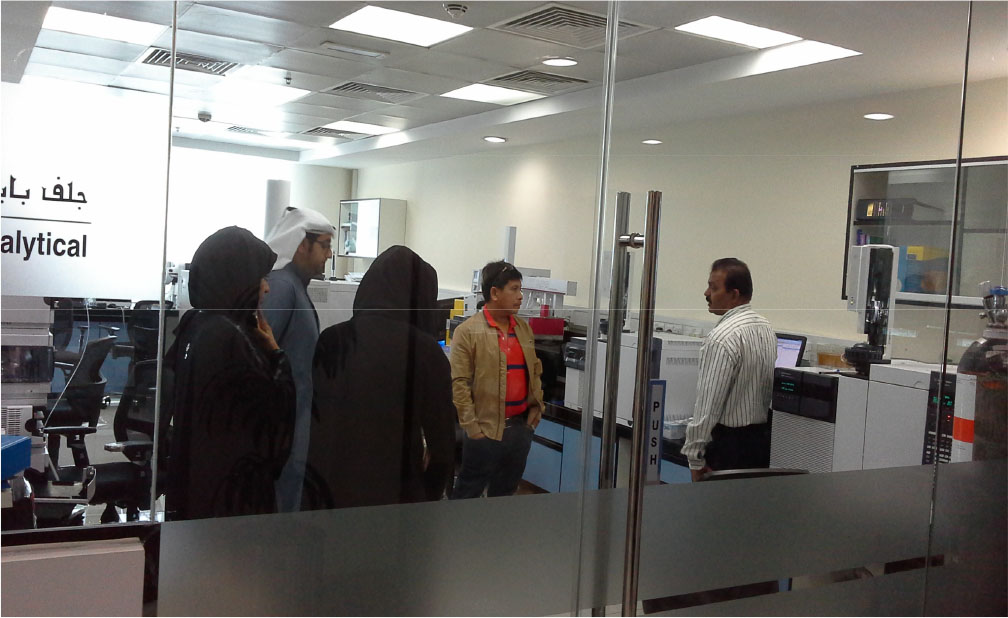Project Description
Why Attend
The use of CEM systems, from their historical conception as instruments to monitor flue gases for control of industrial combustion, has expanded over the last decade to cover environmental emissions from many different types of industrial processes. As technology has advanced, improved flue gas treatment systems have reduced the levels of pollutants to be monitored and driven by new regulations and improved knowledge of the consequences of environmental pollution, Environmental Agencies worldwide have required that smaller processes be monitored. New technologies have led to new and improved CEMs systems with Environmental Agencies insisting that continuous emission monitors meet more stringent specifications, including repeatability and the capability to be fully challenged to demonstrate compliance. In addition, reporting regimes necessitate maximum availability. Pressure from the market place also requires the modern CEM system to have a low cost of ownership, which, in effect means that high reliability must be a design criteria.
Data from emission measurements benefit a company in many ways. Companies use these data for permits and compliance audits, for determining the effectiveness of control equipment, for the design of pollution control strategies and for implementation of waste minimization and pollution prevention programs. The work involves sampling and testing procedures and physical and chemical measurements. More stringent clean air standards require more stringent monitoring of the release of pollutants into the atmosphere. The need is growing for reliable continuous emission monitoring (CEM) capabilities and for documenting the release amount from process plants. Therefore, a CEM system is an integral part of utility and industrial operations. A comprehensive review of regulations, with clear information on changes as per the following:
- New measurement techniques, designs for “smart” analysers and advanced monitoring approaches
- New chapters on flow rate and continuous particulate monitors
- Techniques for recordkeeping, generating reports, using data acquisition and handling systems
- Quality assurance/quality control programs
Course Objectives
- By the end of the course, among various achievements, participants will get specialist insight into:
- Know how to prepare, write and test emergency plans that are appropriate to the risk that your organisation is exposed to
- Learn how to identify hazards, investigate incidents and prepare a comprehensive hazard register
- Know how your organisation should respond to reports of an emergency situation
- Establish an incident command system and ensure your communication lines between your team and external support groups are perfect
- Ensure you have the right resources in the right place to deal with the identified hazards
- Test your emergency plans through simulated scenarios and experience the pressures in decision-making by taking part in an emergency response exercise
- Assess the arrangements you have in place for disaster recovery


Who should attend
This course provides an overview of all significant aspects and considerations of continuous emissions monitoring system for environmental professionals responsible for permitting compliance as well as environmental personnel and other technical staff. The course also is very important for laboratory staff and on-line analyser staff.
Course Outline
- Introduction
- Key Elements of CEMs
- Current Status of Continuous Emission
Monitoring – Monitoring Technology
- Surrogate parameters
- Mass balances
- Calculations
- Emission factors
- Monitoring Systems for Non-criteria Gases
- Sampling Problems for Reactive and Condensable Gases
- Surface Adsorption
- Solubility and Condensation
- Chemical Reactions
- Hot/wet Systems
- Dilution Systems
- Close-Coupled Systems
- In-Situ Measurement Systems
- In-Situ Measurement Systems
- Ex-Situ Measurement Systems
- Analytical methods
- Systems Design
- Monitoring Techniques
- Basic Spectrophotometry
- Basics for IR Spectrophotometry
- Acquisition of infrared spectra
- Gaseous Monitoring Analytical Technique
- Monitoring Techniques
- Commercially Available Gaseous Monitors
- Flue Gas Flow Monitoring Techniques
- Sampling Problems for Particulate Matter
- Particulate Stratification
- Particulate Monitoring In Wet Stacks
- What is Isokinetic Sampling
- Probe/Sample Line Deposition Problems
- Continuous Particulate Monitoring
- Planning an Emissions Testing Program
- Pitot tube Assembly
- Two-Module Sampling Unit
- Operating or Control Unit
- Sampling for Gases and Vapours
- Principle of Operation
- Examples & Applications
The workshop
This interactive training course includes the following training methodologies as presented on the next column based on percentage of the total tuition hours:
Lectures
Workshops & Work presentation
Case Studies & Practical Exercises
Videos, Sofware & General Discussion
The course instructor may modify the above training methodology before or during the course for technical reasons with no prior notice to participants.
Falcon Consulting Professionals is established in Greece for the last 15 years in the areas of technical consulting and professional training for the local industries. Falcon is expanding in GCC, aiming to provide the best consulting and training solutions to the industries of the region. Falcon’s instructors are accredited trainers and highly experienced in their fields, as well as adult training. We aspire to build our business relationships on mutual trust. The achievement of results with an emphasis on innovation and sustainability, quality, cost analysis and time scheduling are non-negotiable from the conceptual phase of the training.

